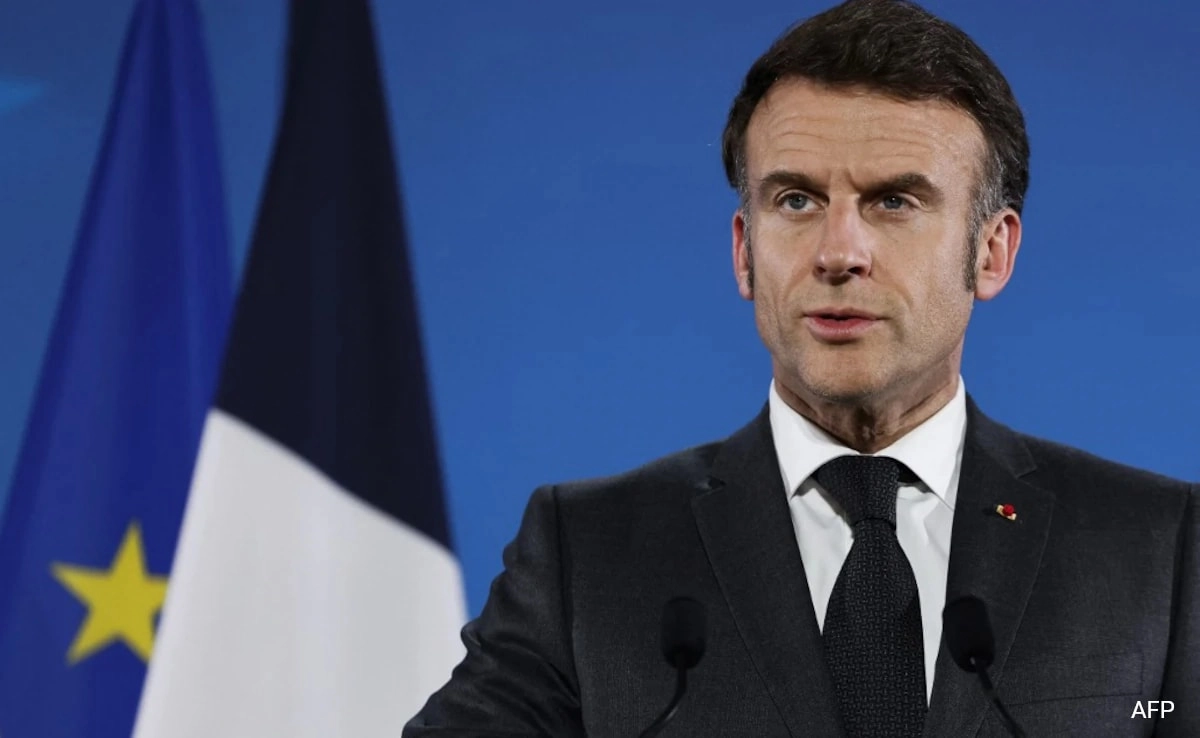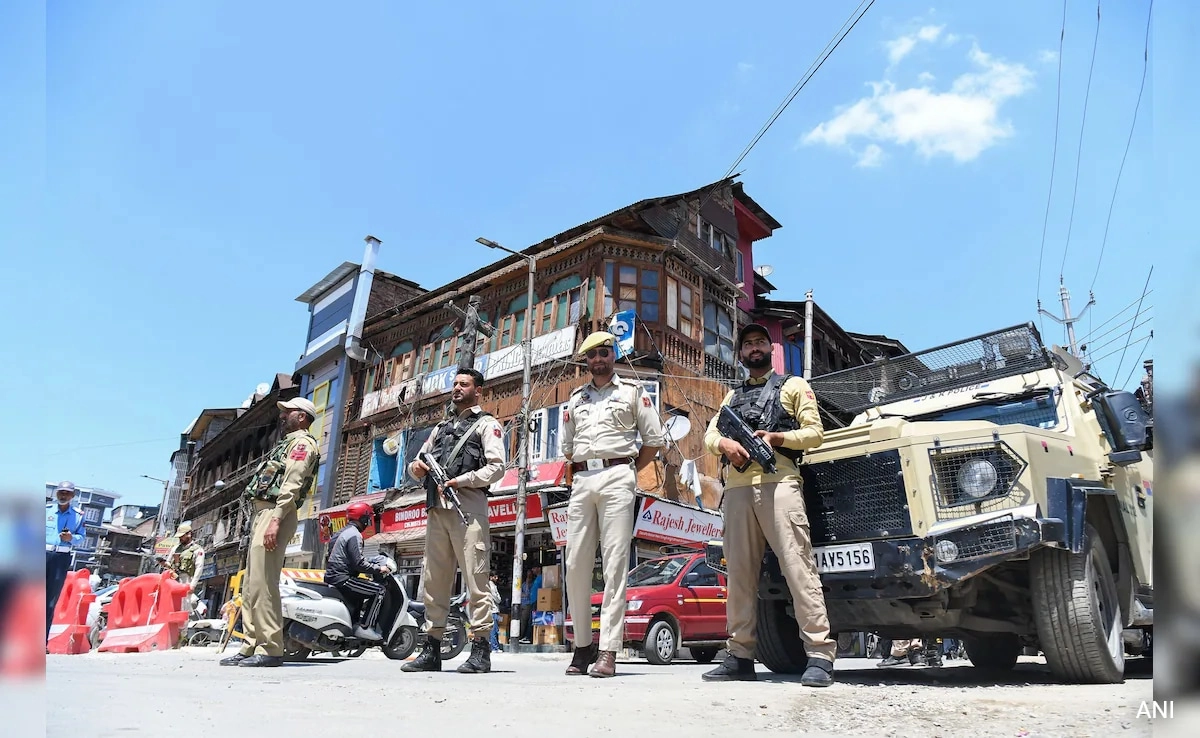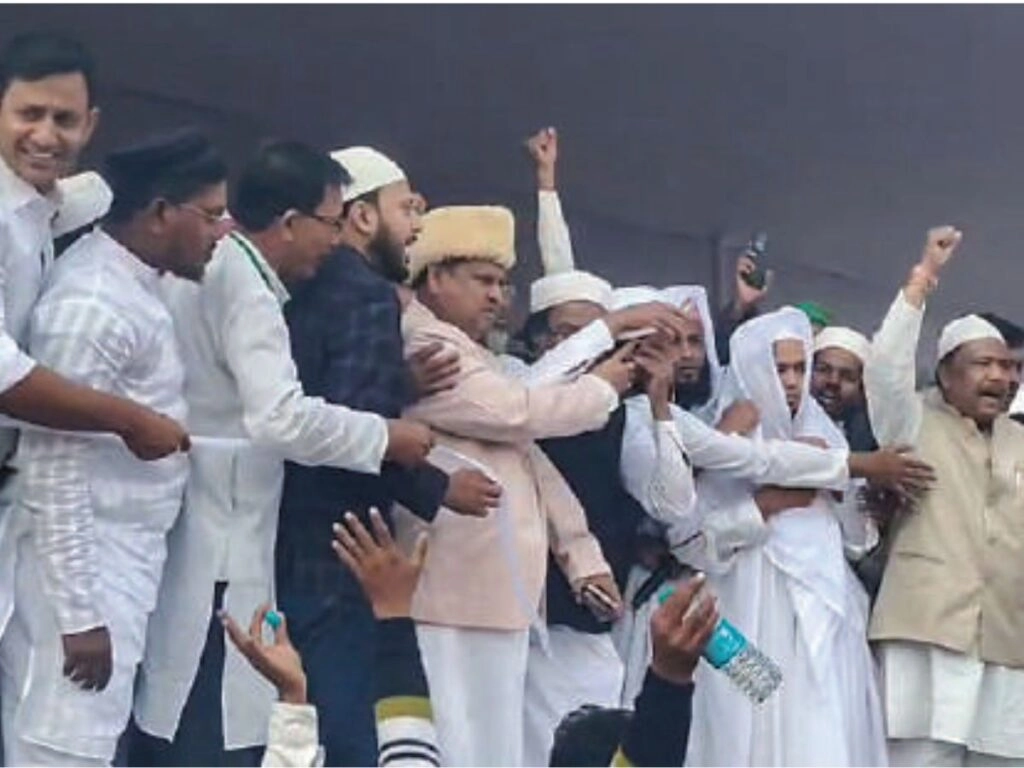In recent weeks, a disinformation campaign has emerged, targeting French President Emmanuel Macron with unfounded allegations regarding his purported cocaine use while on a visit to Ukraine. These claims have been propagated through various social media platforms, aiming to undermine Macron’s credibility and influence in the international arena. As tensions continue in Ukraine, particularly with the ongoing conflict with Russia, the timing of these accusations raises concerns about their intended purpose. Disinformation campaigns, especially those that target prominent political figures, can have far-reaching implications, not only for the individuals involved but also for the geopolitical landscape.
The allegations against Macron appear to be part of a broader strategy to discredit Western leaders who are actively supporting Ukraine in its fight against Russian aggression. By spreading false narratives about Macron’s character and behavior, the campaign seeks to create doubt among the French populace and erode support for Ukraine. This tactic is not new; disinformation has long been a tool used in political warfare, aiming to create confusion and manipulate public opinion. The use of social media amplifies these messages, allowing them to reach a wide audience quickly, often before they can be effectively countered by factual information.
Media literacy is crucial in combating such disinformation campaigns. With the rapid dissemination of information online, it becomes increasingly difficult for individuals to discern fact from fiction. Many people may encounter these claims without the context necessary to critically evaluate their validity. Therefore, awareness campaigns that educate the public about recognizing disinformation can play a vital role in protecting democratic processes. Additionally, governments and social media companies must collaborate to identify and address false narratives, ensuring that accurate information prevails over misleading content.
Ultimately, the disinformation campaign targeting Macron underscores the challenges faced by leaders in today’s digital age. As misinformation spreads rapidly, the need for transparency, accountability, and clear communication becomes paramount. For Macron, navigating these turbulent waters is essential not only for his own political survival but also for maintaining support for Ukraine in its ongoing struggle. The resilience of democratic institutions will depend on how effectively they can counter these narratives and uphold the truth in the face of deliberate misinformation.




